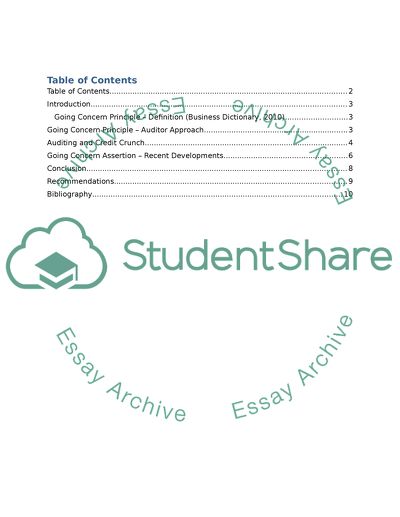Cite this document
(Going Concern Principle - Auditor Approach Coursework, n.d.)
Going Concern Principle - Auditor Approach Coursework. Retrieved from https://studentshare.org/finance-accounting/1530510-auditing-the-going-concern-assertion
Going Concern Principle - Auditor Approach Coursework. Retrieved from https://studentshare.org/finance-accounting/1530510-auditing-the-going-concern-assertion
(Going Concern Principle - Auditor Approach Coursework)
Going Concern Principle - Auditor Approach Coursework. https://studentshare.org/finance-accounting/1530510-auditing-the-going-concern-assertion.
Going Concern Principle - Auditor Approach Coursework. https://studentshare.org/finance-accounting/1530510-auditing-the-going-concern-assertion.
“Going Concern Principle - Auditor Approach Coursework”, n.d. https://studentshare.org/finance-accounting/1530510-auditing-the-going-concern-assertion.


